| Quang Tri: Prohibition of taking advantage of parents' association to collect fees outside of regulations. Need a "specific medicine" to cure the disease of overcharging that is causing pain in the education sector. |
Socialization and overcharging: A fragile line
Entering the new school year, the whole country is excited and happy to welcome the opening day, students, especially primary school students, can go to school with red flags with yellow stars in their hands, and listen to the sacred drumbeat of the opening ceremony. All are aiming for the goal of caring for the "future of the country".
However, in addition to that common joy, many parents are still “worried” by the worries and burdens called “socialization”, “voluntary contributions”, “voluntary collection”… This story is being discussed, from the office to the corner of the market. And surely, anyone who is a parent has participated in this story at least once.
 |
| Many parents have to "bend their backs" to pay the fees. Painting: Phung Ban |
Socialization in general and socialization of education is a good policy and spirit, commonly understood as mobilizing financial resources of the whole society to serve educational work. Specifically here, it is mobilizing from parents themselves to contribute money and materials to build the school where their children are studying.
The spirit is good, but there is a large number of people who, due to lack of understanding, or have good understanding, still deliberately distort and take advantage of the above policy and "transform" it to serve personal purposes, partly with the motive of profiteering, tarnishing the image of the education sector, to the point that people often call it "overcharging".
In recent years, after every school opening, the above story has become a hot topic on social networks and forums. The press has also spent a lot of ink and contributed greatly to exposing and eliminating the above problem.
In Dong Nai province, a parent at Hong Bang Primary, Secondary and High School in Xuan Loc district was upset when asked to pay a “TV maintenance” fee of VND100,000 per student. This caused controversy because the TV is the property of the school and has a warranty.
The parent shared that they agreed to contribute to improve the quality of education, but thought the fee was unreasonable. The school explained that they had just replaced the old TV with a smart TV and promised to review the issue. As a result, Hong Bang Primary, Secondary and High School announced that they would stop collecting this fee for the 2024-2025 school year.
At Hong Ha Primary School in Binh Thanh District, Ho Chi Minh City, a class collected up to VND310 million for expenses such as repairing classrooms, painting desks and chairs, installing Internet, and performing arts expenses, with many expenses considered “strange”. After the incident was made public, the district education department pointed out that most of the fees were against regulations and the school had to return the money to parents.
 |
| The line between overcharging and socialization at the beginning of the school year is very fragile. Photo: Khanh Linh |
Or in Thanh Hoa, many parents of Hai Thuong Primary School (Nghi Son town) felt confused when the head teacher informed them about many fees at the beginning of the school year at the parent meeting on September 14. Parents were shocked by a series of fees, plus the amount of money needed to pay at the beginning of the new year was up to nearly 5 million VND. In addition to the fees according to regulations, there are also service fees and voluntary fees, and many of them are unreasonable.
Eliminating overcharging: Easy to say, hard to do
To be public, transparent, create consensus and high unanimity in schools and parents, as well as to ensure compliance with legal regulations, local authorities and education sectors of provinces, cities and districts have issued documents directing and guiding in detail each collection item, collection level, and collection method at the beginning of the new school year, including socialized fees.
And of course, socialization must be based on the spirit of voluntariness, consensus, based on the actual needs of each unit; based on the socio-economic situation of each locality, each family and based on actual prices on the market.
However, when implemented in each school, there is still a disease of achievement, not putting the goal of serving the practical learning needs of students first, but only "false pride" to "circumvent the law, transform" the collection, a small part also has the purpose of personal gain leading to overcharging.
And in fact, many parents are upset and protest against the above unreasonable and “inflated” fees, but because of their fear, deference, fear of conflict, fear of their children being bullied, etc., everything gradually falls into silence. The press also has great difficulty in bringing the above issue to the public, from which the authorities will step in to verify and handle it.
 |
| Don't let socialization turn into overcharging. Painting: Kheu |
In Thanh Hoa province, at the beginning of each school year, the Department of Education and Training of this province issues a document directing and requiring educational institutions in the area to seriously rectify the collection of tuition fees, absolutely not allowing the situation of overcharging at the beginning of the school year to occur.
Thanh Hoa Department of Education and Training requires schools to publicly disclose their commitment to education and training quality, quality assurance conditions and financial revenues and expenditures according to Circular No. 09/2024/TT BGDĐT dated June 3, 2024 of the Ministry of Education and Training; People's Committees of districts, towns and cities; heads of affiliated units regularly inspect, supervise and are responsible for explaining to learners and society about the collection levels and revenues of educational institutions under their management; absolutely do not allow overcharging to occur.
To thoroughly handle the problem of overcharging, it requires the participation of many functional sectors and the whole society; requires close direction and supervision from the government and education sector at all levels; requires transparency and impartiality from the heads of educational institutions and also requires strong voices from parents and citizens to protect their legitimate rights.
In addition, stronger measures are needed, including highlighting the role of principals and homeroom teachers. At the same time, there should be strict disciplinary measures if violations occur, not just returning money and organizing a cursory review and experience-drawing as in past years.
That's the theory, but in reality, the situation of overcharging has been simmering in educational institutions for many years and there is still no end in sight.


![[Photo] 2nd Conference of the Party Executive Committee of Central Party Agencies](https://vstatic.vietnam.vn/vietnam/resource/IMAGE/2025/3/31/8f85b88962b34701ac511682b09b1e0d)

![[Photo] Prime Minister Pham Minh Chinh receives delegation of leaders of US universities](https://vstatic.vietnam.vn/vietnam/resource/IMAGE/2025/3/31/8be7f6be90624512b385fd1690124eaa)

![[Photo] General Secretary To Lam receives US Ambassador to Vietnam Marc E. Knapper](https://vstatic.vietnam.vn/vietnam/resource/IMAGE/2025/3/31/5ee45ded5fd548a685618a0b67c42970)
![[Photo] Speeding up construction of Ring Road 3 and Bien Hoa-Vung Tau Expressway](https://vstatic.vietnam.vn/vietnam/resource/IMAGE/2025/3/31/f1431fbe7d604caba041f84a718ccef7)
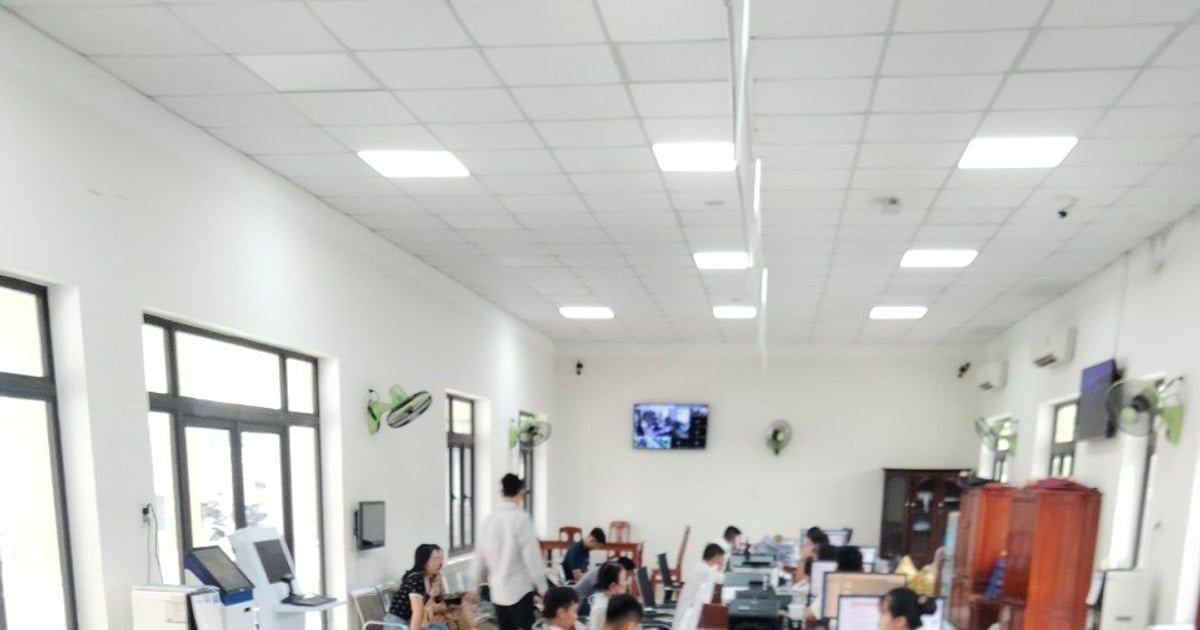


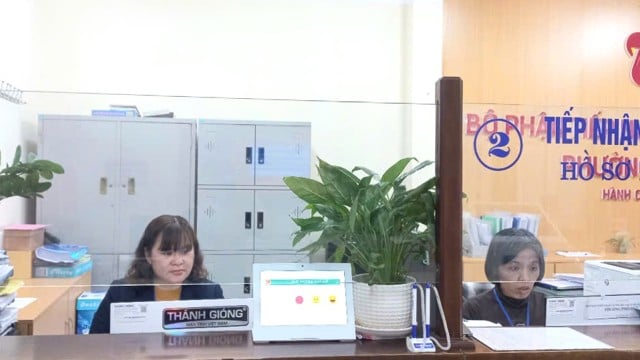






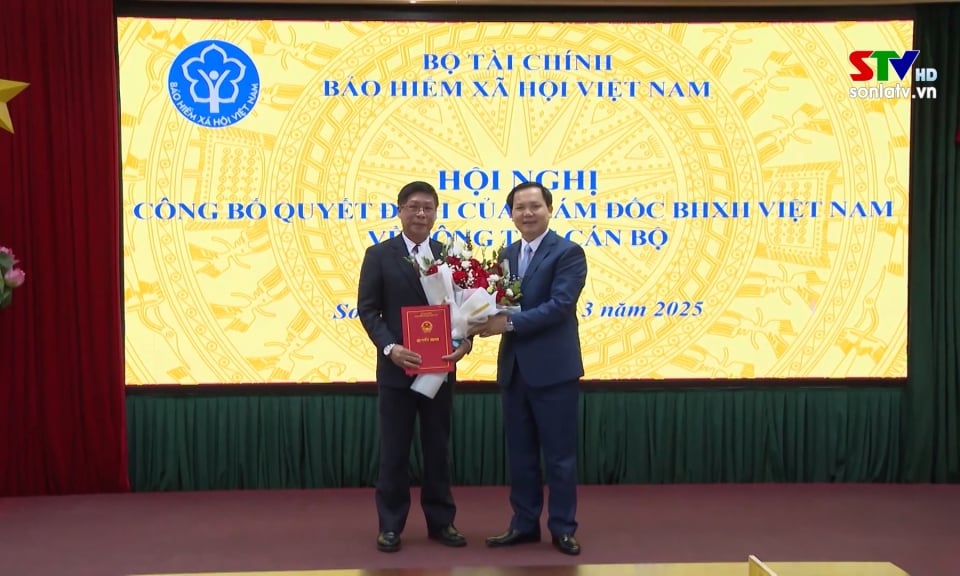
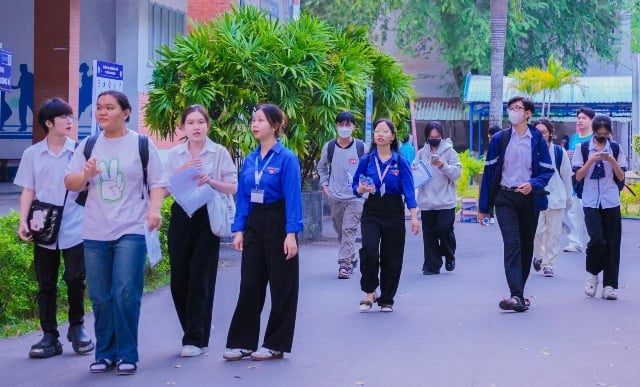

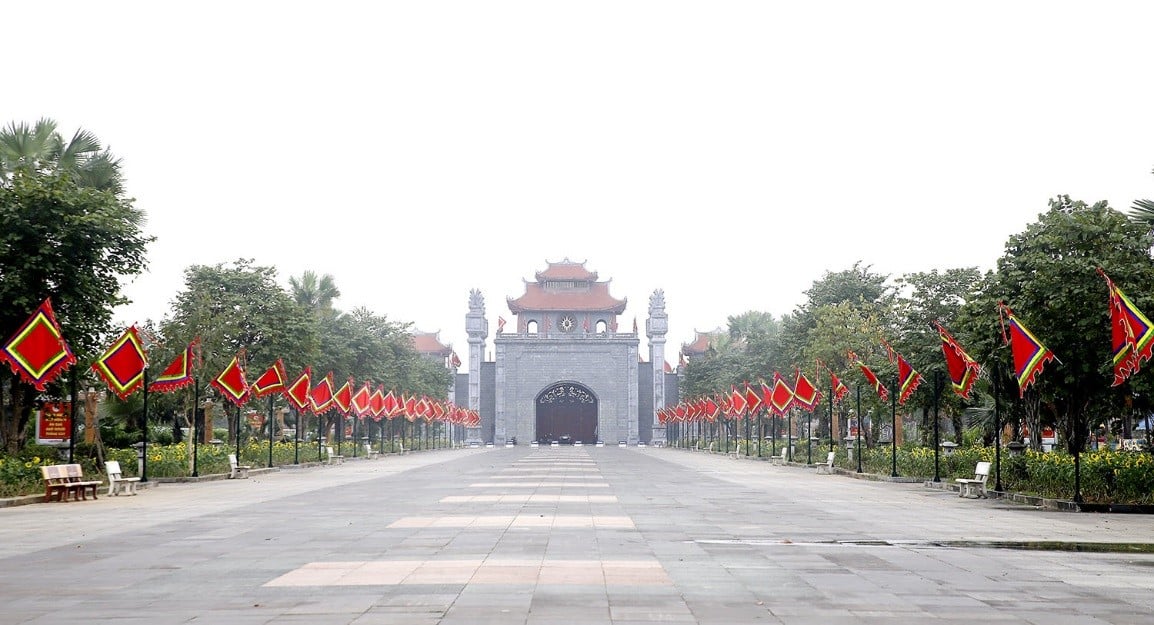





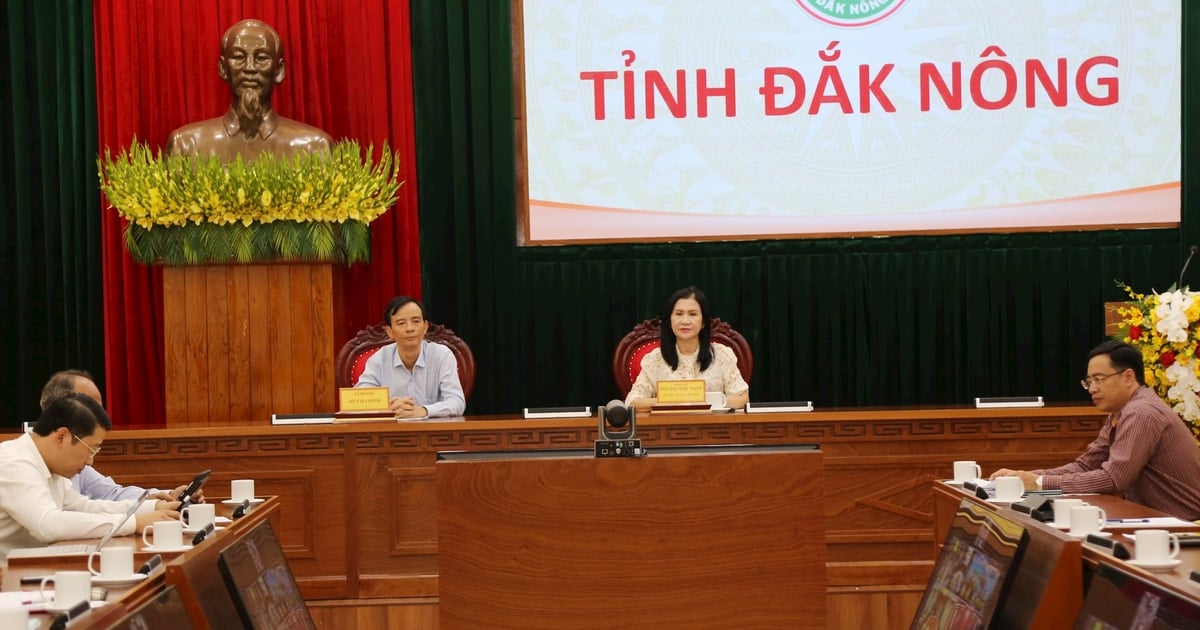

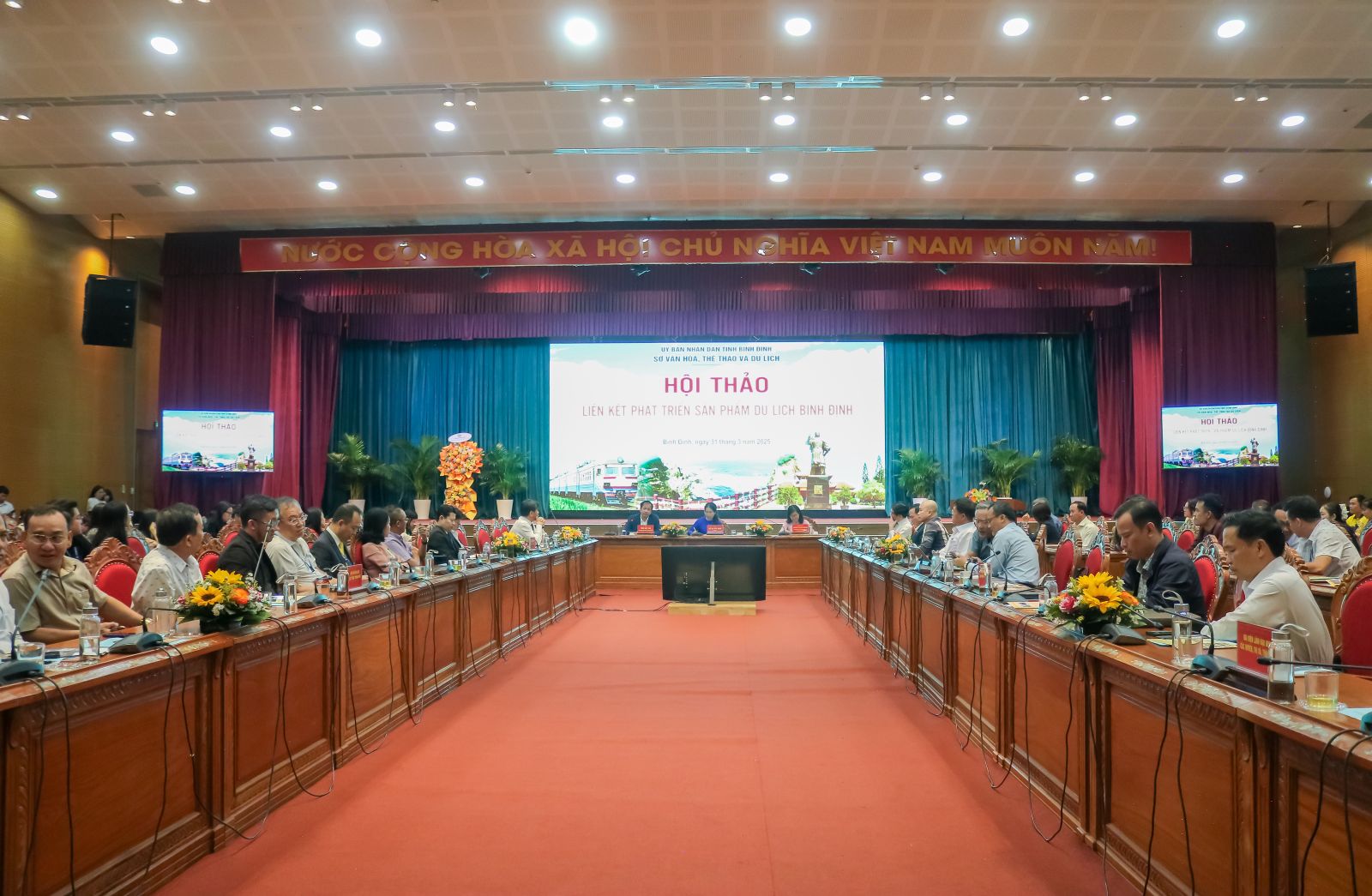












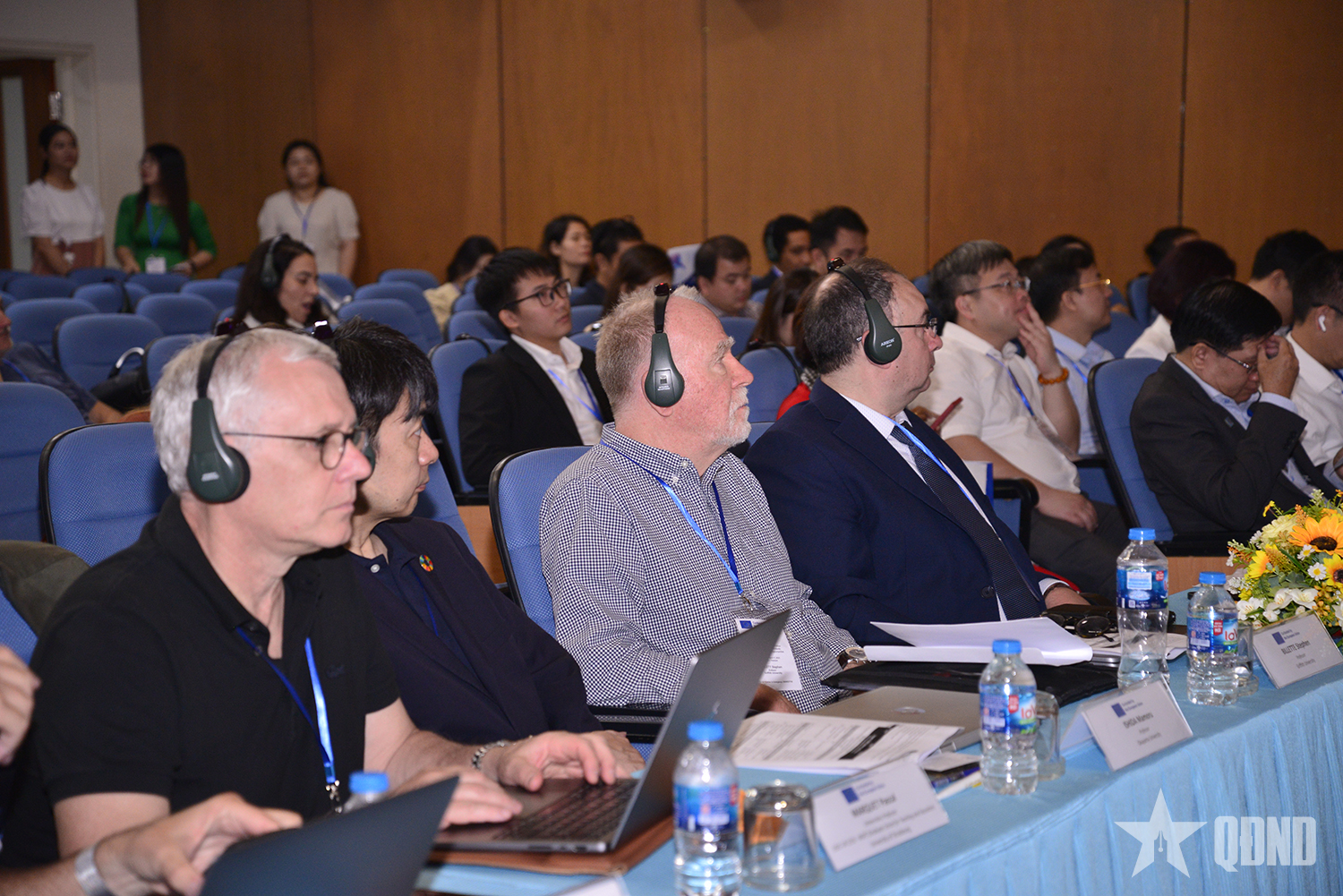


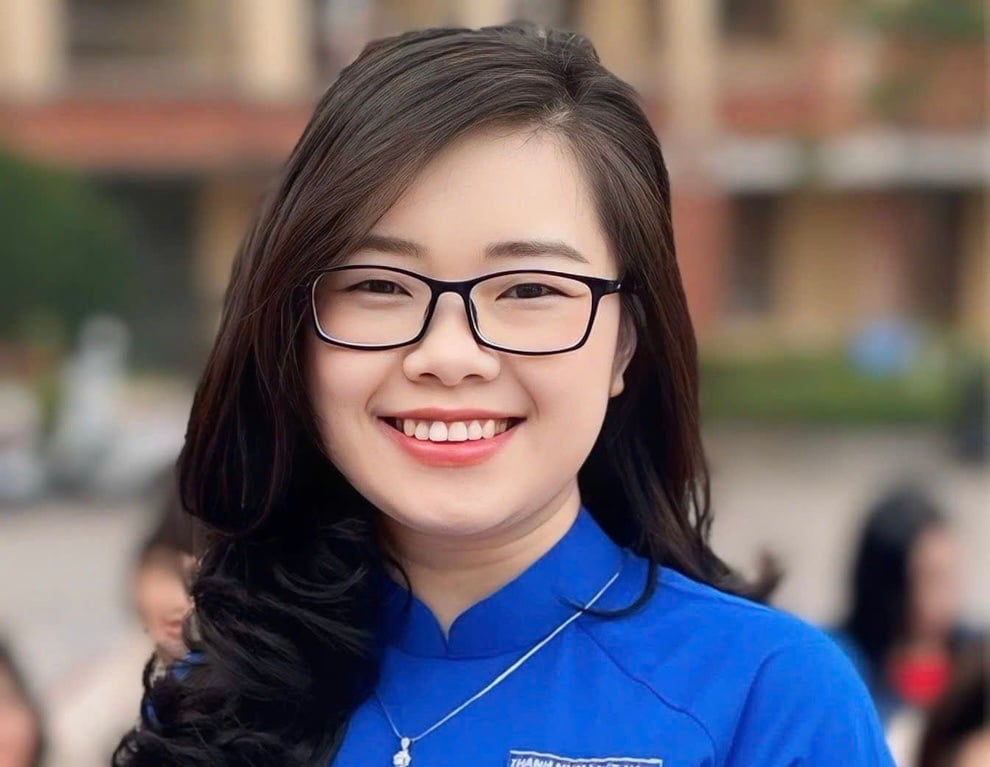

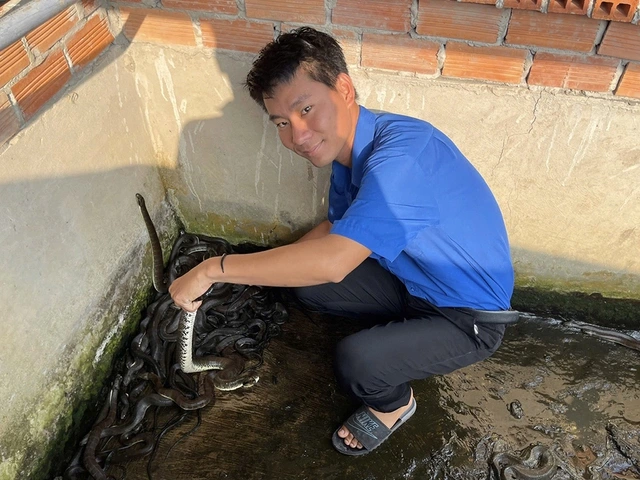













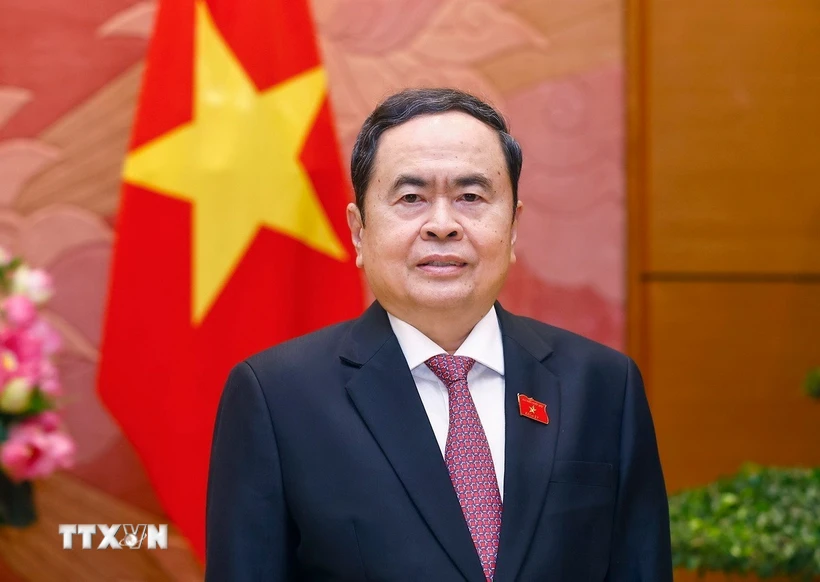

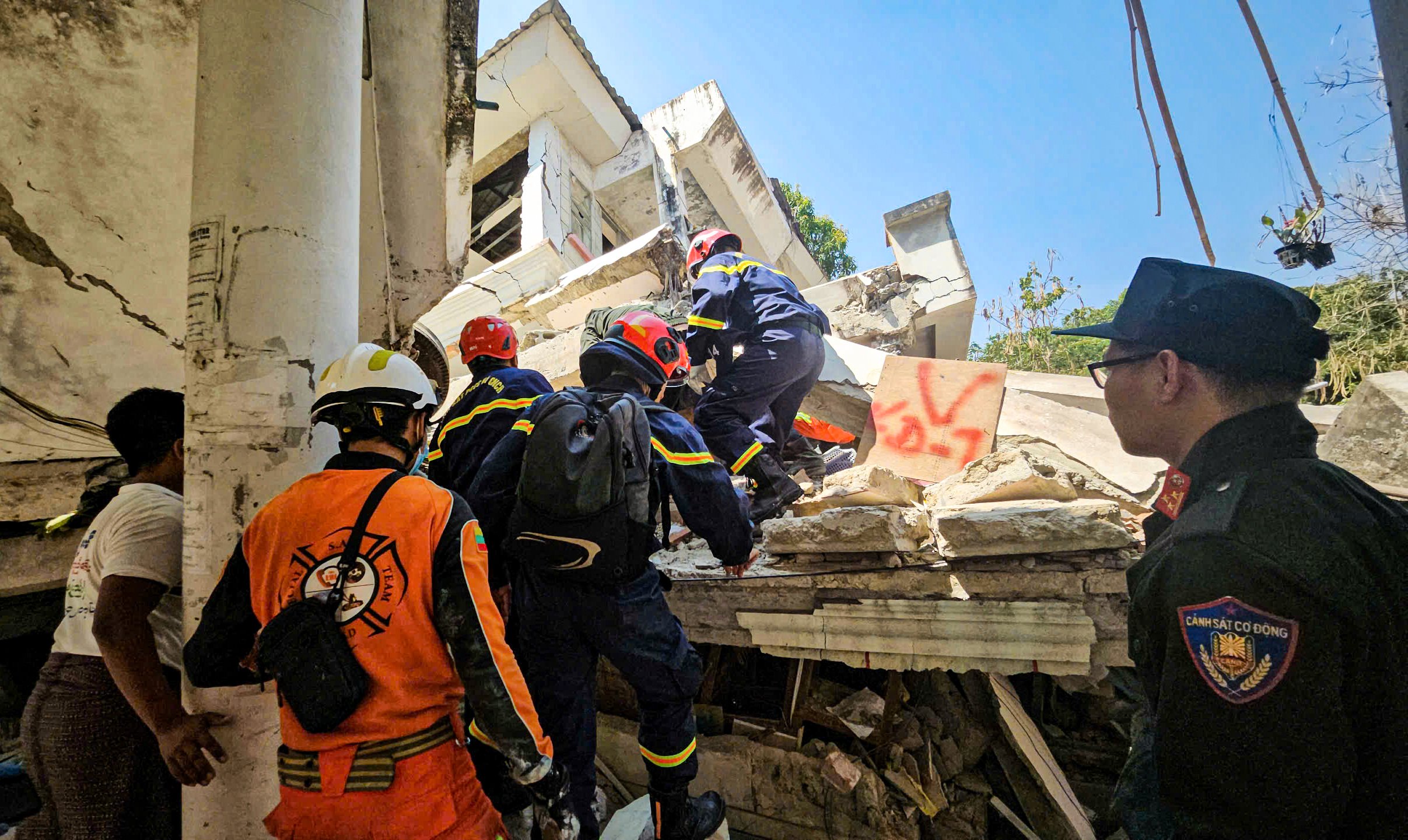














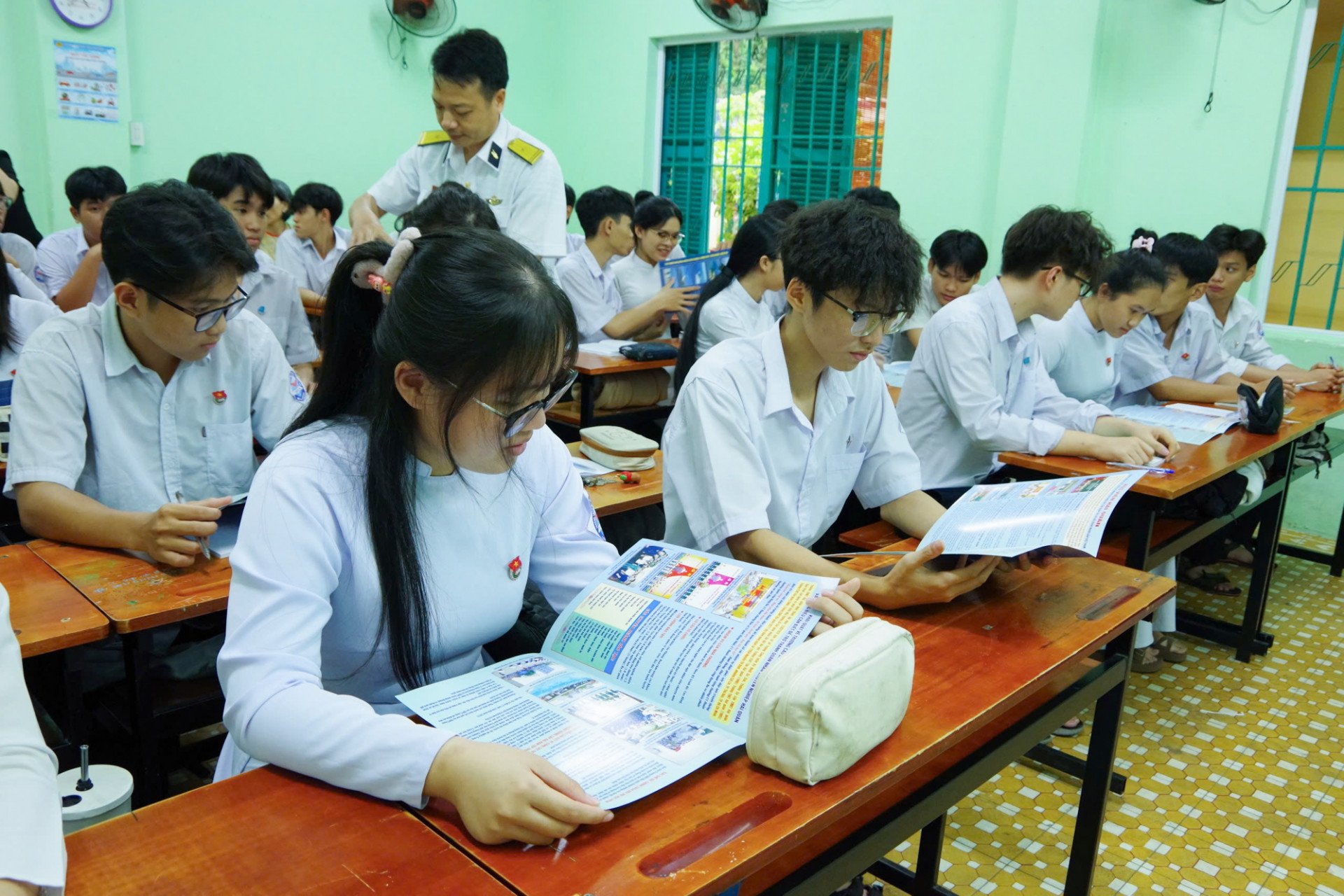


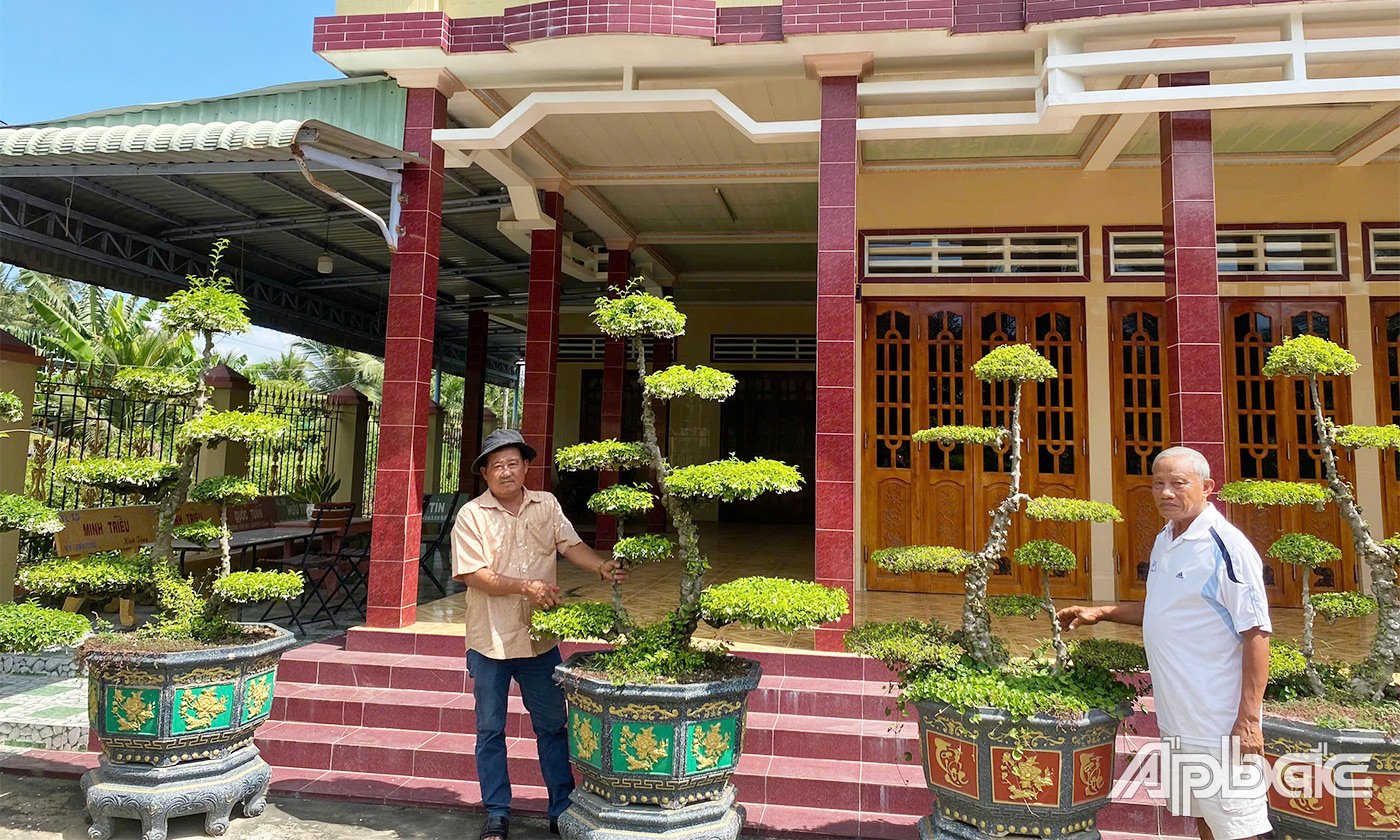



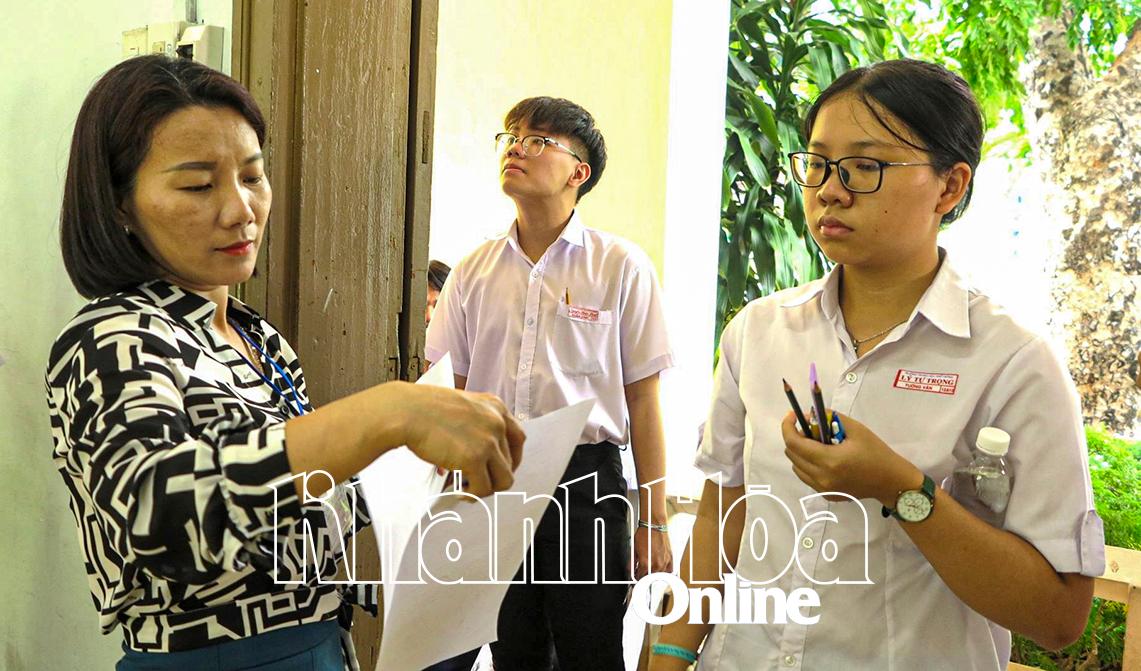










![[REVIEW OCOP] An Lanh Huong Vet Yen Cat](https://vstatic.vietnam.vn/vietnam/resource/IMAGE/2025/3/27/c25032328e9a47be9991d5be7c0cad8c)

Comment (0)